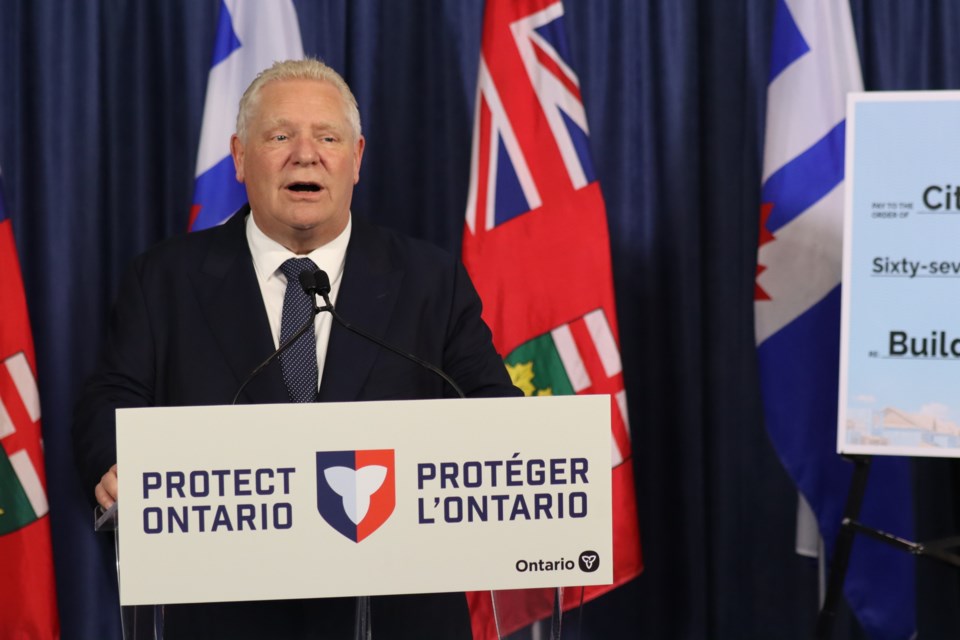The Ford government has opened the door to one of the most significant changes to Ontario’s rental housing system in decades — a possible end to the long-standing rule that allows tenants to stay in their homes indefinitely after their lease expires.
On Thursday, Attorney General Doug Downey announced that the province will begin consultations on revising Ontario’s “security of tenure” laws, which currently protect tenants from eviction unless a landlord has a legally valid reason, such as moving into the property themselves or undertaking major renovations. Under the current system, a fixed-term lease automatically converts to a month-to-month tenancy once it ends, effectively allowing renters to stay in their homes without a specific end date.
Downey said the government has heard concerns from property owners who believe the existing framework discourages them from renting out available units. “We’ve heard from stakeholders that these evergreen leases that just go on with no end in sight may not be appropriate,” he said. “There are a lot of landlords that are not putting their units on the market. We need to get those units. I’m convinced, if we get the right balance, we’ll unlock tens of thousands, if not hundreds of thousands, of new units.”
Government documents provided to reporters suggest the potential changes could give landlords more flexibility to determine who occupies their properties and for how long. The proposals could allow tenancy arrangements to be adjusted based on market conditions, personal needs, or business strategies. Downey said the government is not yet proposing specific changes but wants to study how other provinces and countries handle rental agreements. “We only want to move with confidence,” he added, promising to consult widely before making decisions.
If Ontario moves away from month-to-month tenancies, it could reshape the province’s rental landscape and weaken rent control protections that many tenants rely on. Under current rules, rents for existing tenants can only rise by a few percentage points each year, but once a tenant moves out, landlords are free to set any new price. Ford’s Progressive Conservative government already removed rent control on all units first occupied after November 2018, meaning newer buildings are exempt from annual rent caps. Critics argue that ending indefinite leases would make housing even less secure and could accelerate rent hikes at a time when affordability is already at crisis levels.
Alongside these consultations, the Ford government introduced Bill 60, titled the Fighting Delays, Building Faster Act. The legislation includes a range of changes aimed at speeding up housing construction and resolving disputes at the Landlord and Tenant Board. One proposal would eliminate the requirement for landlords to compensate tenants when they or a family member move into their own property, provided they give at least 120 days’ notice. If less notice is given, the landlord would still be required to offer a comparable unit or pay one month’s rent. The bill would also require tenants to give advance notice of issues they plan to raise at hearings, preventing new matters from being introduced on the day of a proceeding — a practice that can currently delay cases by months.
Municipal Affairs and Housing Minister Rob Flack said Bill 60 also aims to improve planning processes, streamline the Building Code, and make it easier for the government to develop transit-oriented communities and road infrastructure. While the province insists the goal is to build faster and unlock more rental supply, tenant advocates are warning that the government’s review could tilt the balance too far toward landlords, eroding long-standing rights and adding further instability to Ontario’s already strained rental market.


